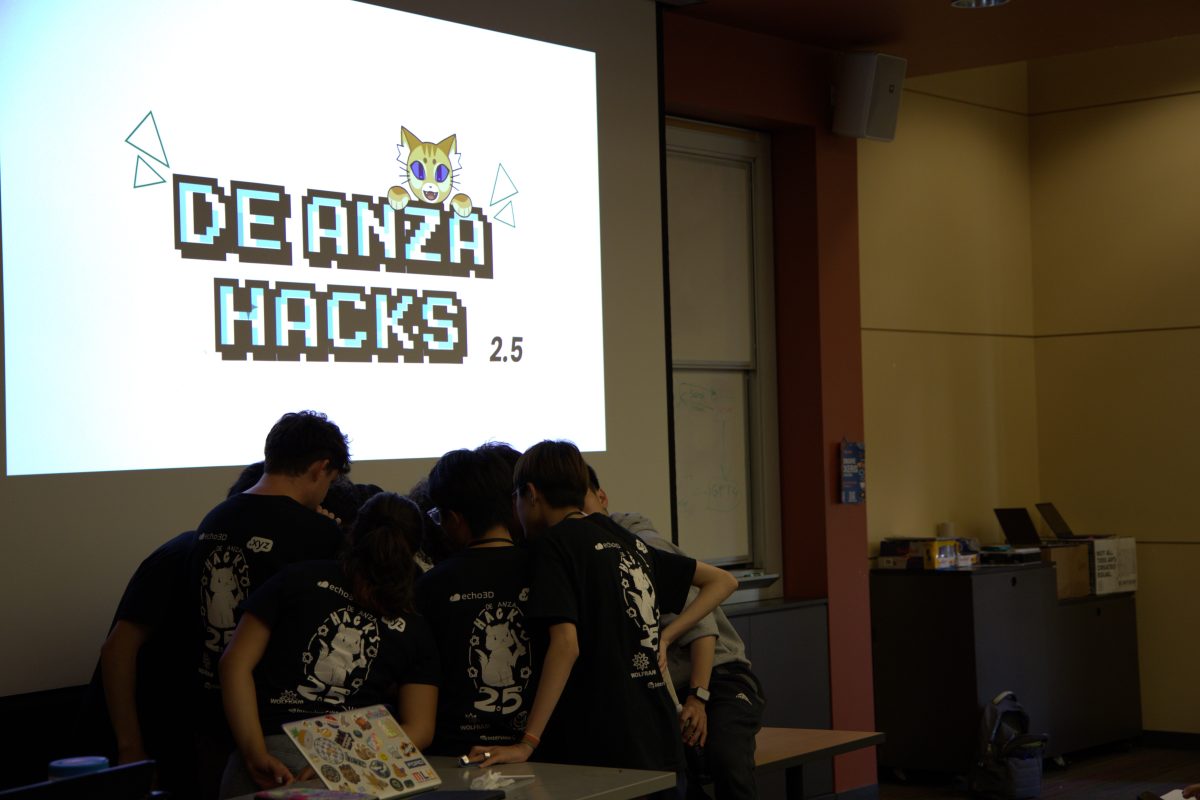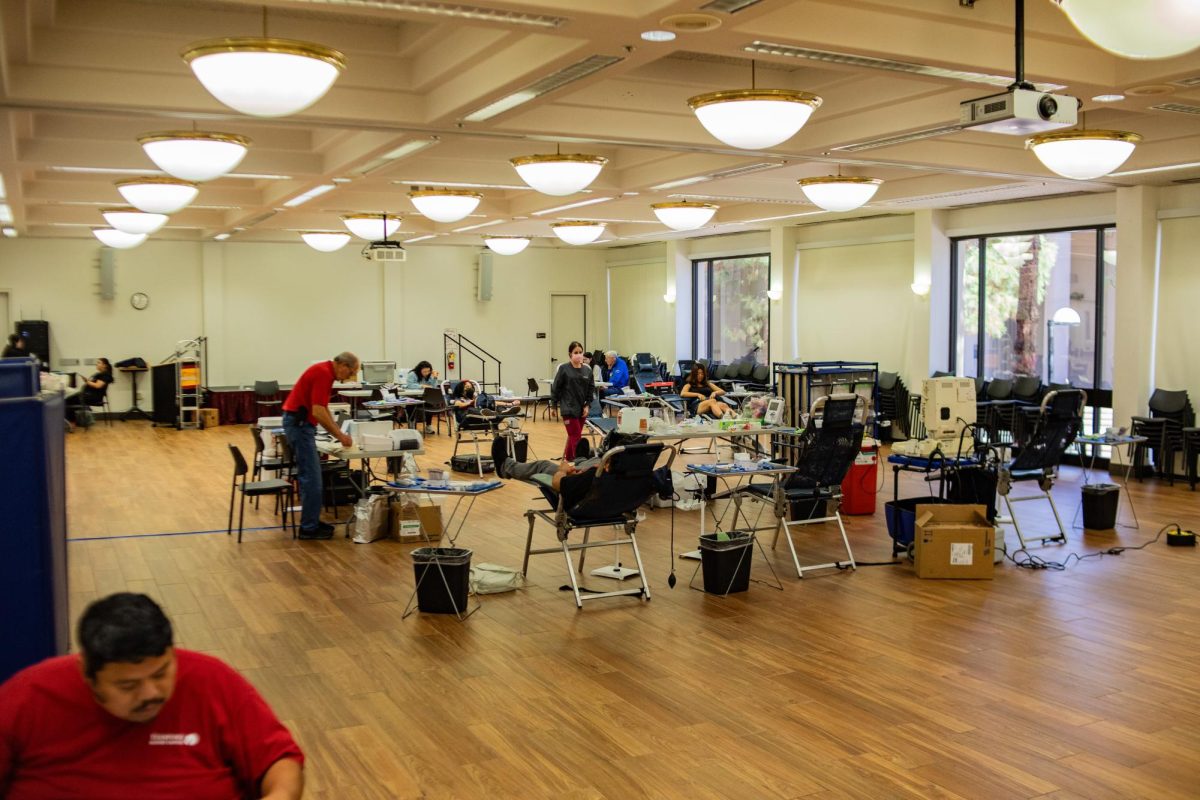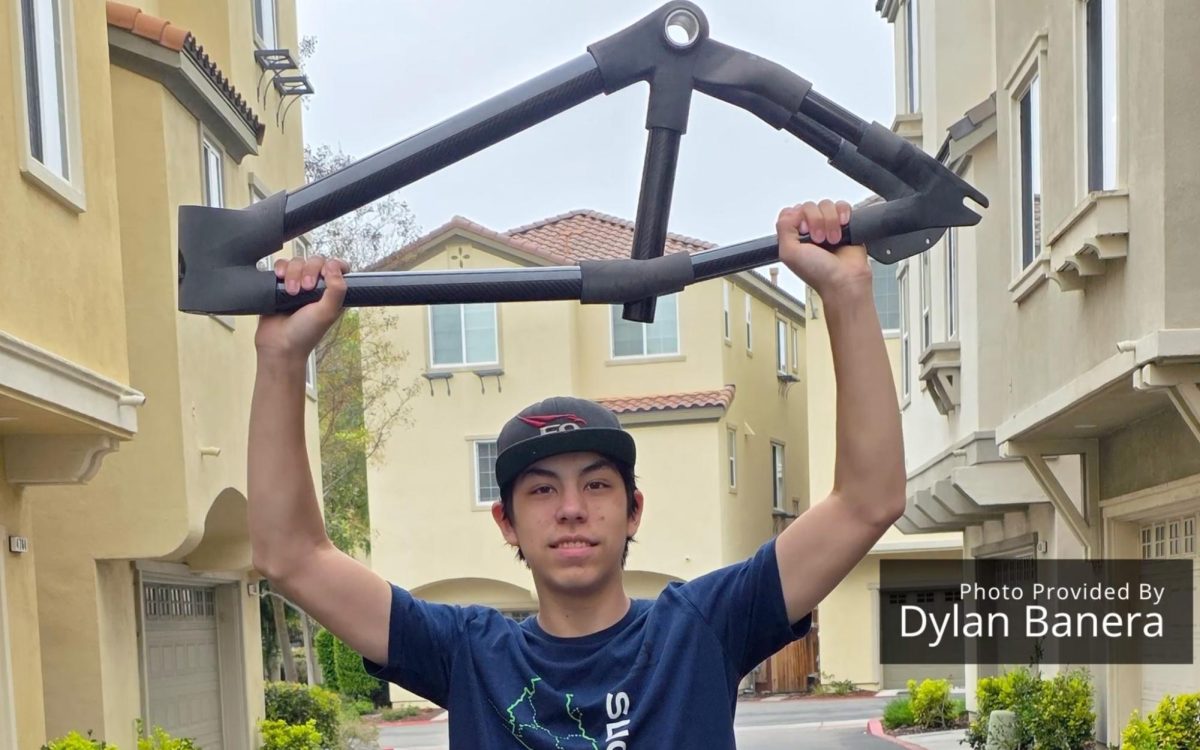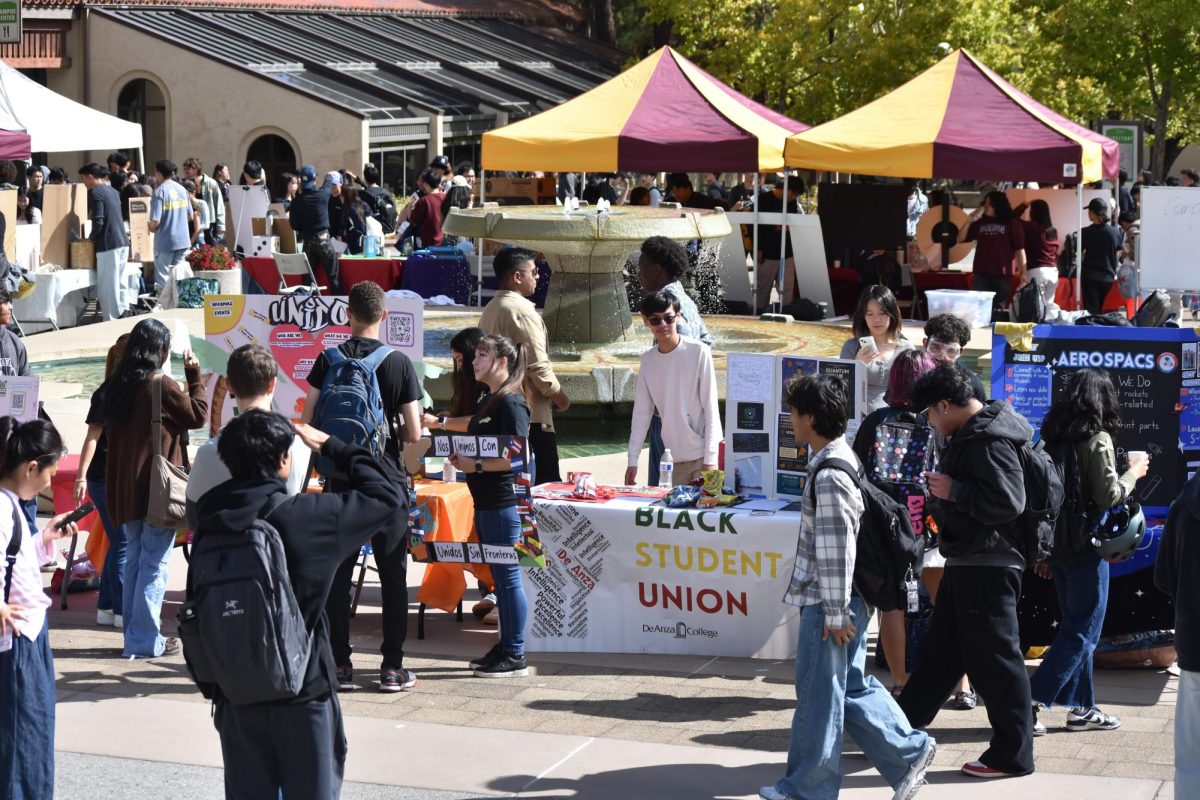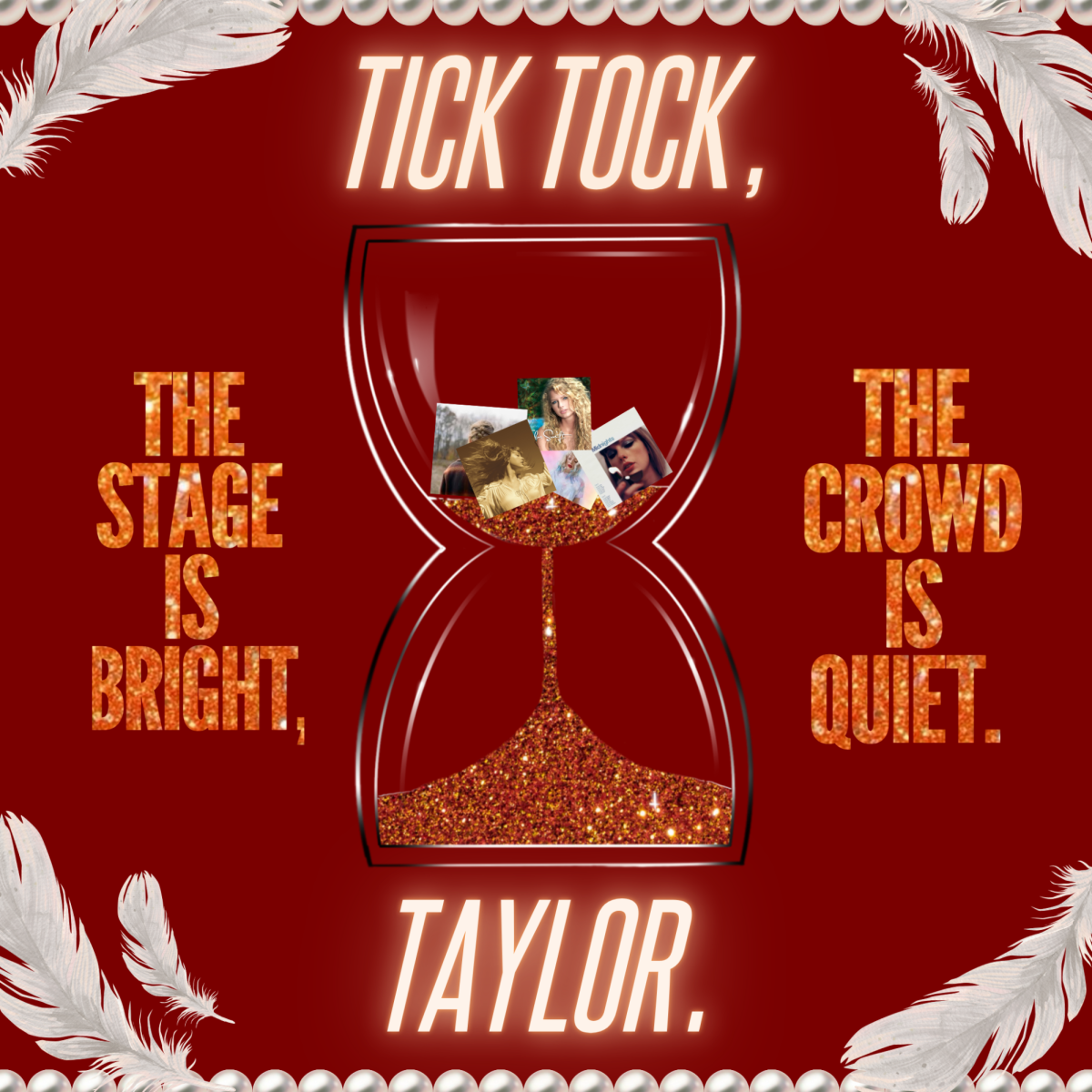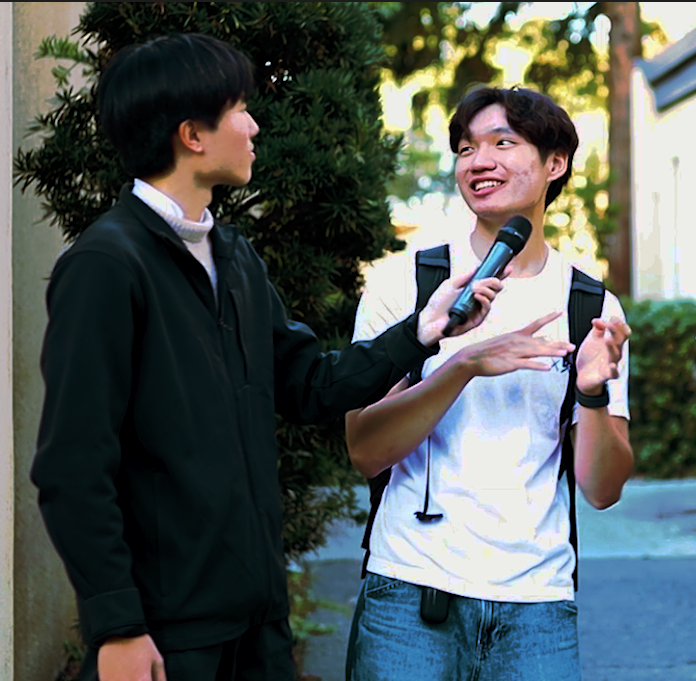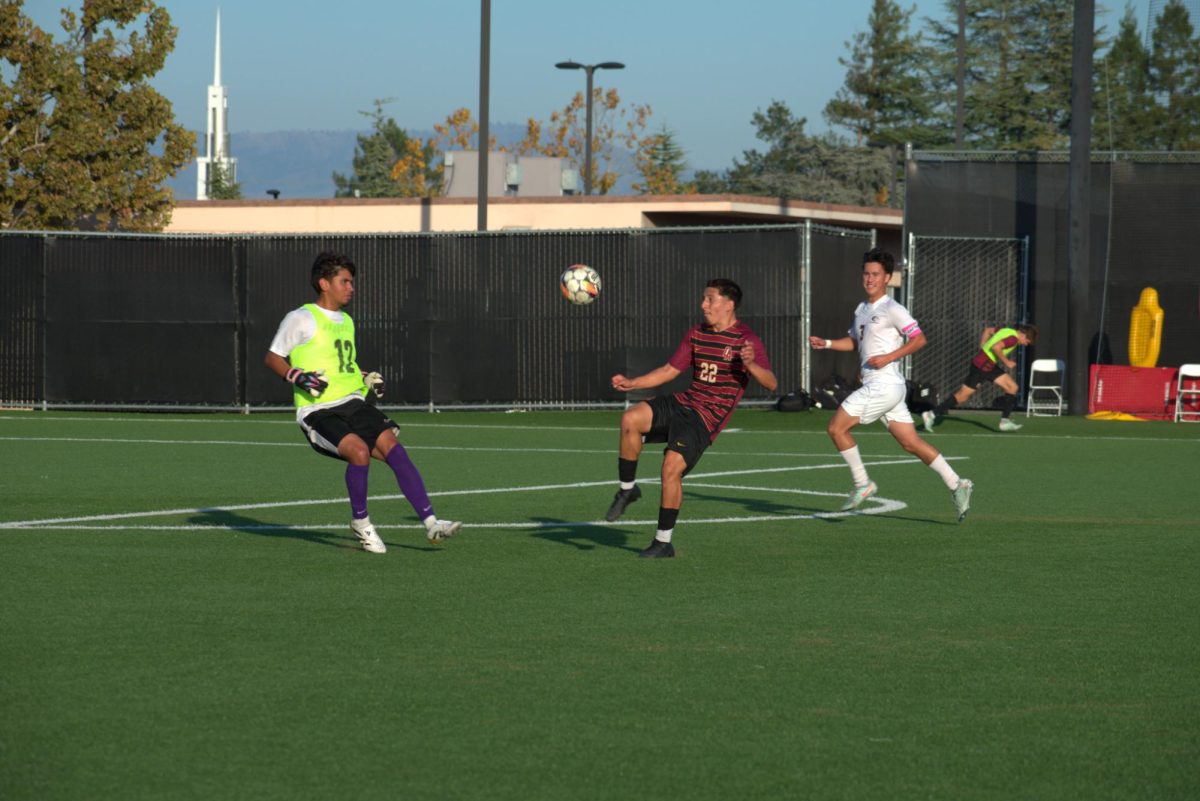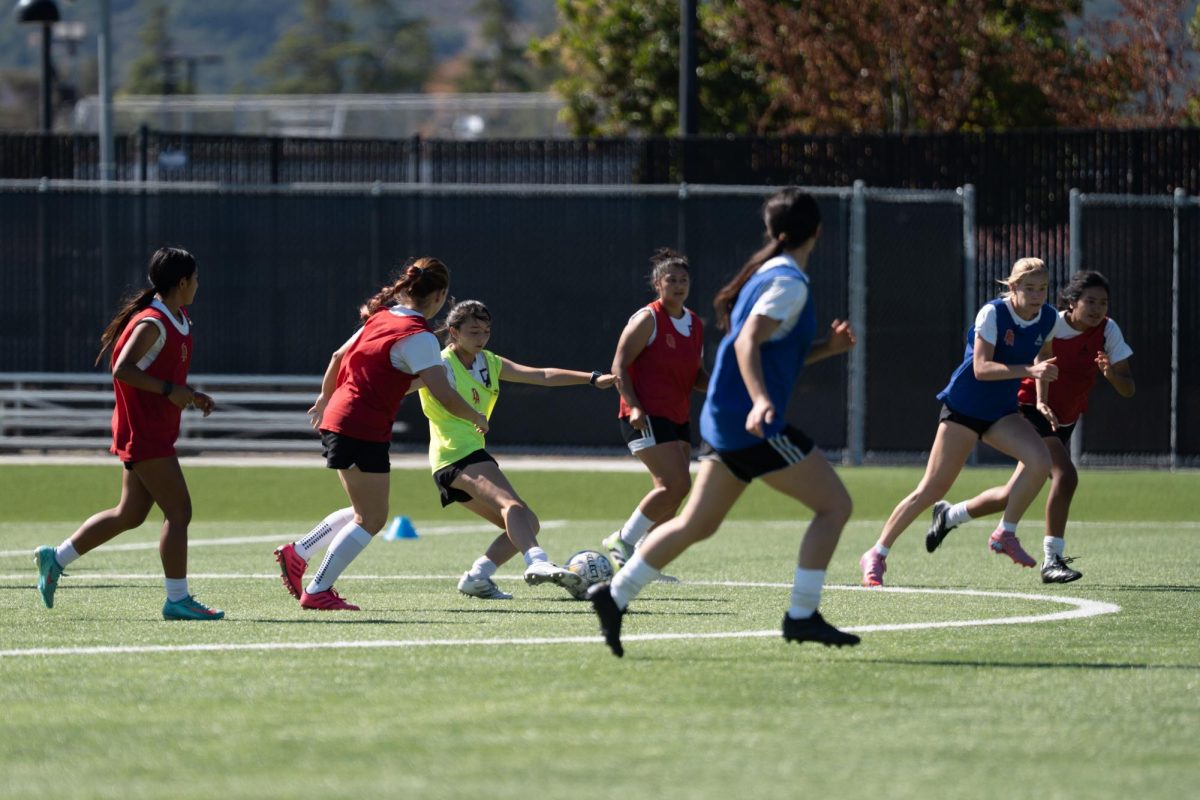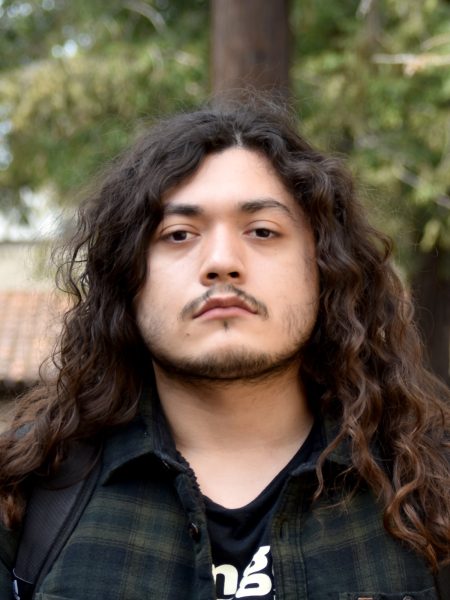The De Anza developers program held a two day hackathon from May 31 and June 1 in the Science Center, with 133 students attending over both days. The projects’ focus were on physical hardware to make something that could help people in their daily lives.
The winner of this year’s hackathon was a project called “Neurofocus,” developed by Yu Hong Chen, 19, computer science major, Michael Tseng, 19, physics major, Martin Park, 22, cognitive science major and Edgar Ajuilar, 29, computer science major. The project was designed to keep students focused while they were studying by using sensors to detect the students’ continued focus on the work screen.
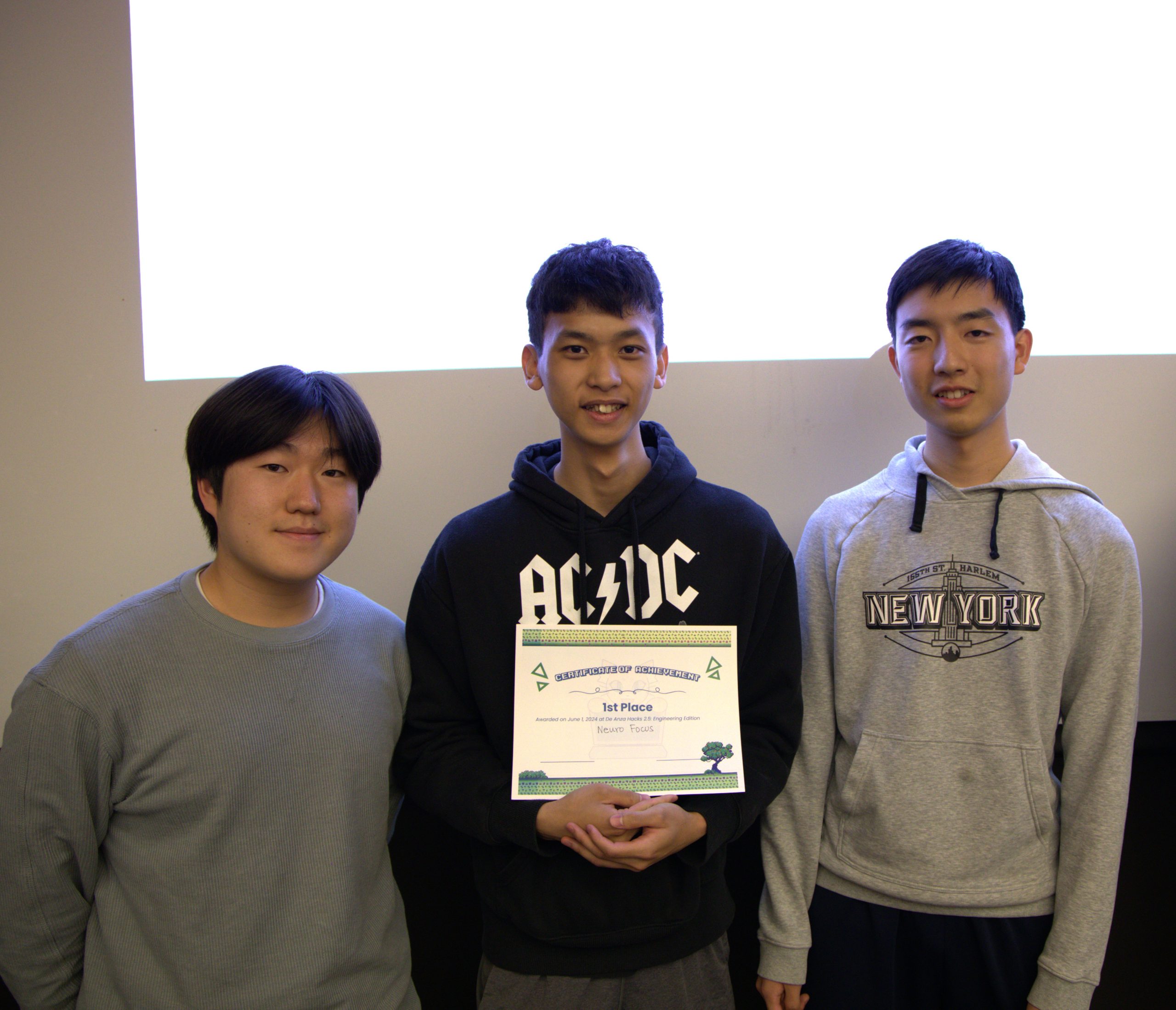
Contrary to its predecessors, this hackathon was hosted in June whereas past events have taken place in the fall. The event was sponsored by WOLFRAM, .xyz, echo3D, Interview Cake, Give My Certification and DASG. Another classic-styled hackathon is planned for next October. Each of the students interviewed said they plan on returning for the next hackathon.
The event had two student directors, Aditya Sharma and Hassan Naboulsi, and it was their first time hosting. This event was also hosted by 18 other students with different roles, maintaining the flow of the event.
“We wanted to host something hardware-related,” said Naboulsi, 18, computer engineering major. “We made sure to host a special edition hackathon to fulfill that underrepresented role.”
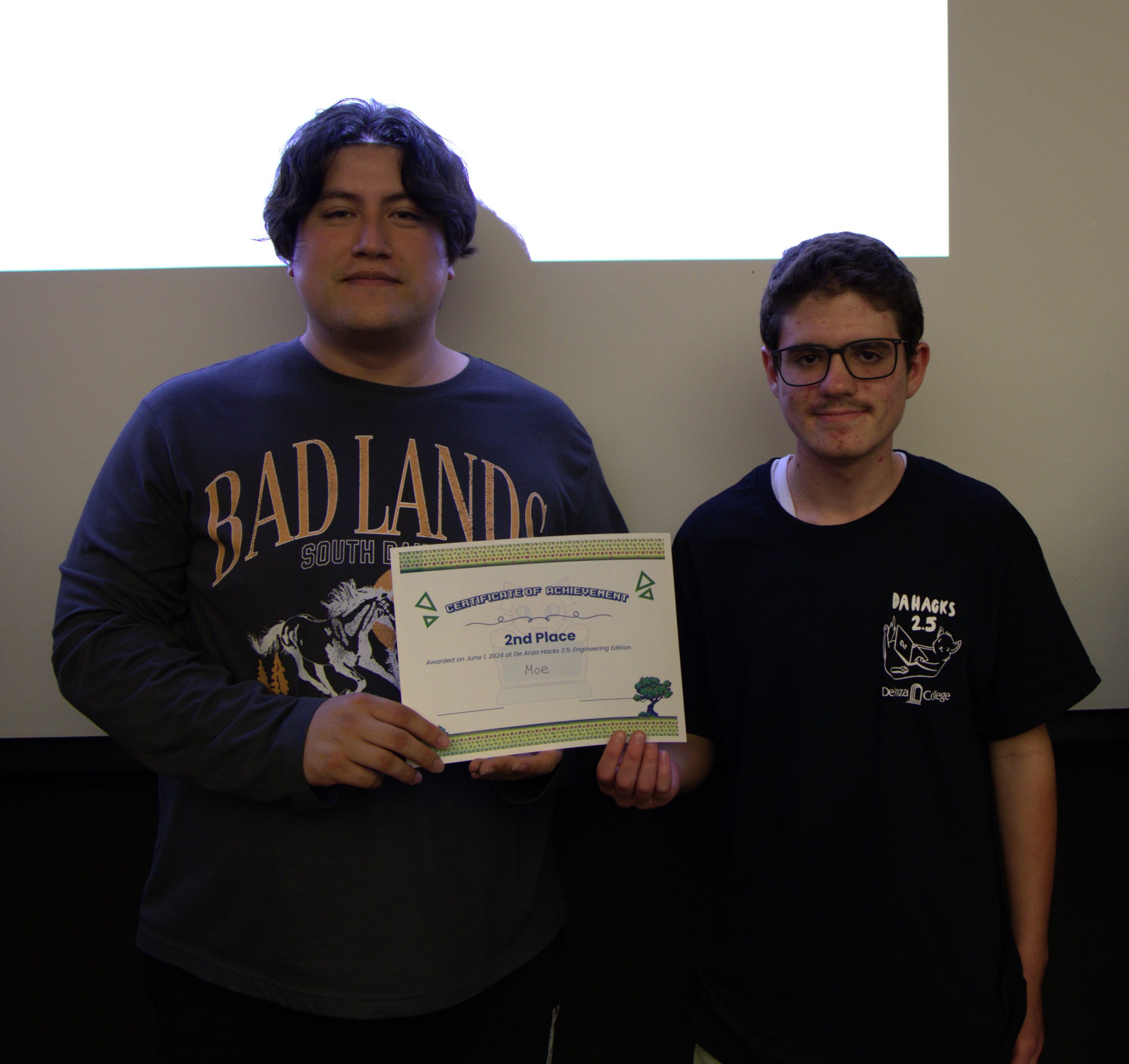
The planning and layout of the hackathon resulted in an additional challenge of incorporating projects with physical hardware with day one having 82 students present and day two having 51 students.
Isaac Puah, 19, computer engineering major said “We didn’t know the rules until the day of and even then it was four hours in.”
Despite the slightly raised challenge due to the scheduling, such as day one starting at 1 p.m and ending at 9 p.m and day two being held from 9 a.m to 1 p.m, Puah said he still enjoyed the overall experience the hackathon provided.
“I wanted to join with my friends to see what we could accomplish … and explore interest to see whether this is something that I actually enjoy,” Puah said.
The atmosphere of the competition was extremely competitive with most students refusing interviews to maintain focus on their project.
Tyler Darisame, 19, computer science major, is a first-time attendant who has a history of attending competitive programming events. “Planning ahead of time is a good idea,” said Darisame.
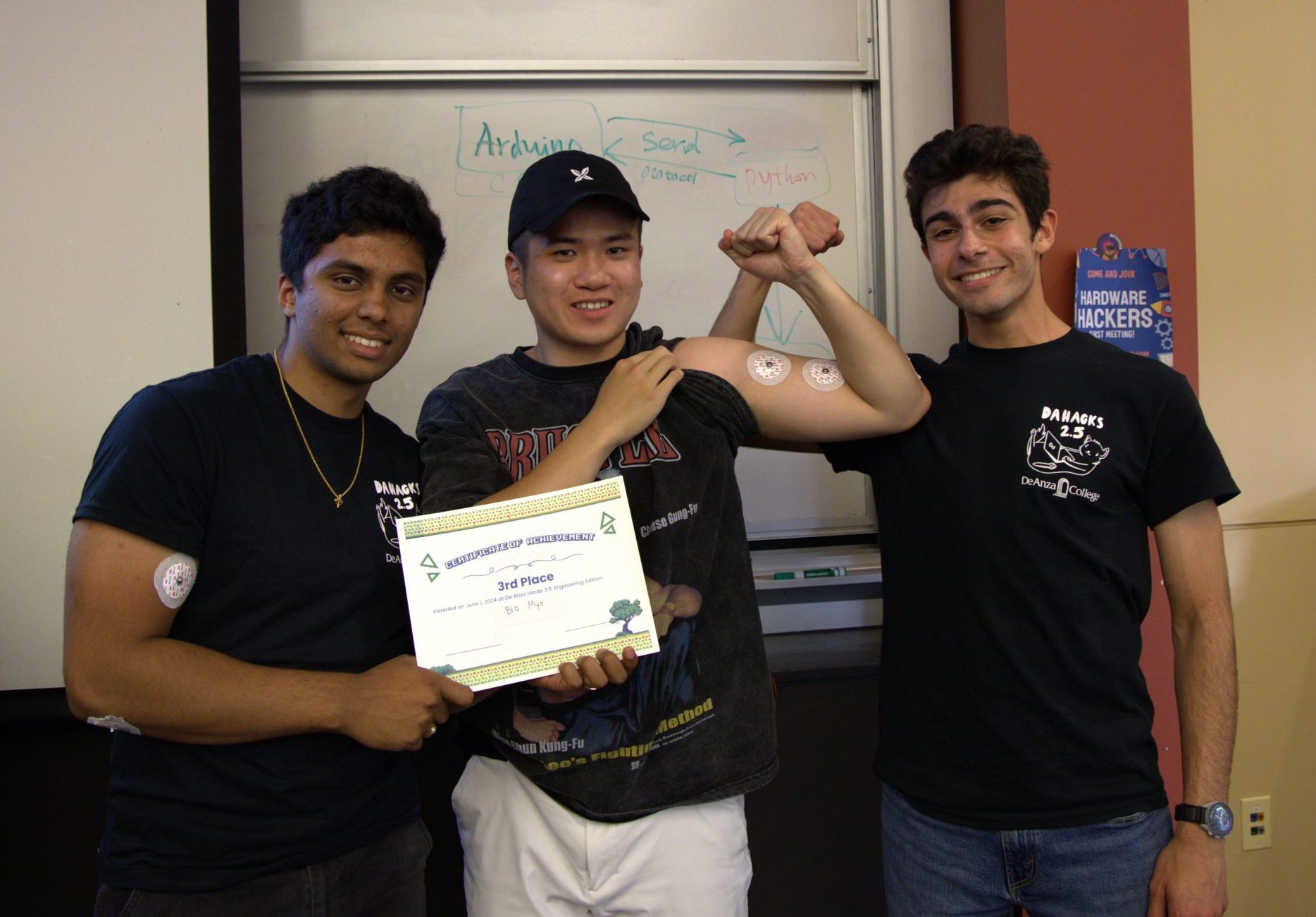
Liu also said this hackathon was better managed than in previous years. An event like this is made with team building in mind students had attended with their friends. With the focus of improving their software development skills and the ability to go through the process of creating these complex projects and the steps to achieve it.
After the ACM and Stanford IT guest speaker delivered their speeches, students had a few additional hours to finish their project before presenting to a panel consisting of 10 judges. Five groups made it for the final round with an additional award for the student directors’ choice.
Teddy Liu, 20, computer science major, was attending the hackathon for the second time.
“I was pretty scared at first, but I had found my team and the experience was pretty amazing,” Liu said. “You don’t really need prior knowledge, you can learn while doing it, that’s why I liked it.”
Editor’s note: The article stated that redbull was a sponsor for the event, but the hackathon was not sponsored by them. The article has been revised to reflect this on June 8
.



